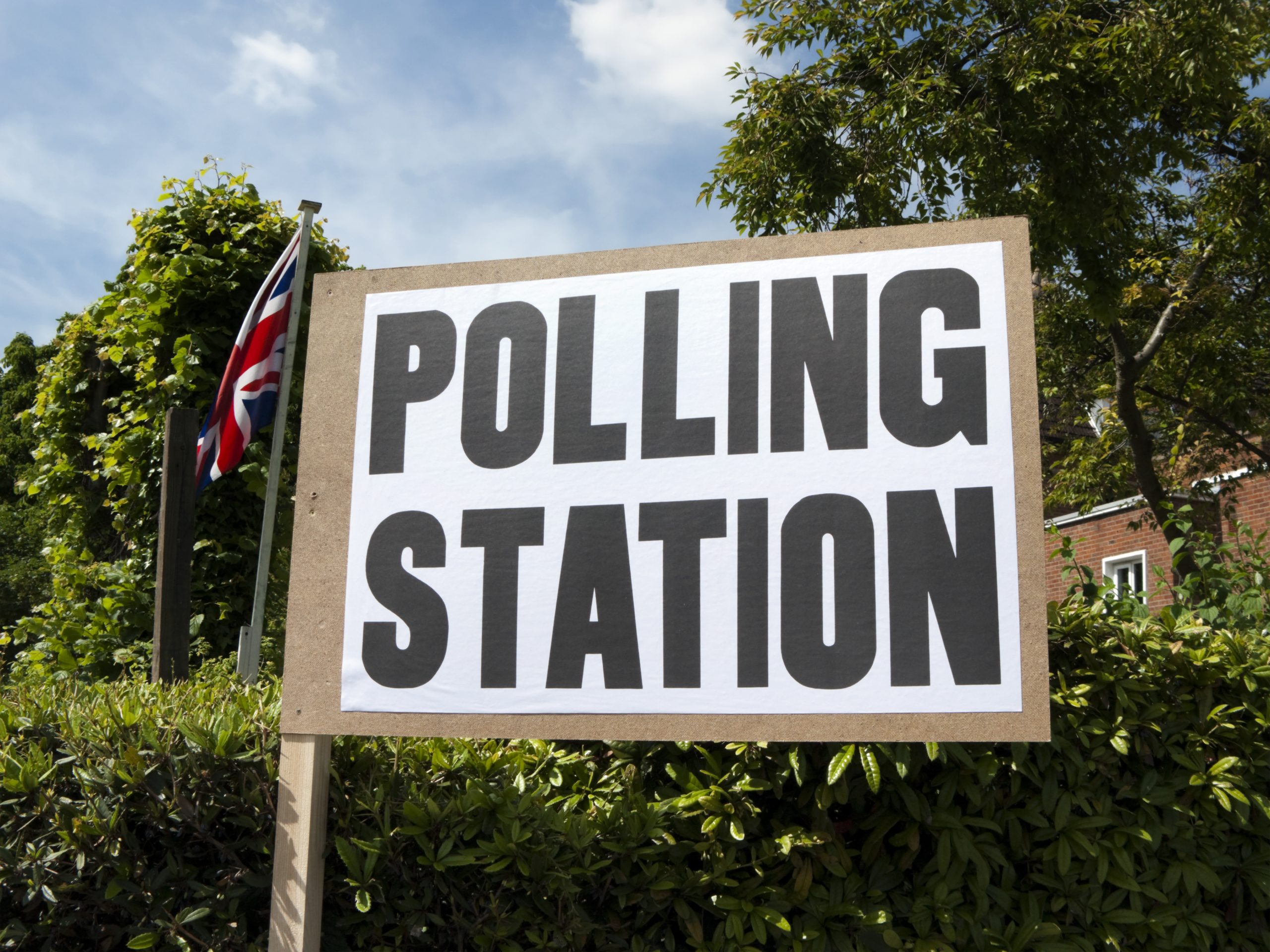The state of Germany’s FDP: Will they be the inevitable coalition partner?
At its party convention on 16 May, Germany’s liberal party FDP presented a united and self-confident face for the upcoming elections, formulating ambitious election targets: with less state intervention, tax cuts and more digitalization, they are aiming to achieve a high two-digit election result and become part of the government. After failing to get into parliament in 2013, the party achieved over 10% in the 2017 parliamentary elections, but rejected the chance of participation in government after long coalition negotiations with the conservative CDU/CSU (Union) and the Greens, which led to the third grand coalition of CDU/CSU and SPD for the current term. A long low in the polls followed, where the FDP even hovered around the 5% threshold, but the party is currently polling at around 12% again and has gained confidence. Thus, they have a good chance of becoming a relevant player in forming the next government, either in a so-called “traffic light” coalition with the Social Democrats (SPD) and the Greens or a “Jamaica” coalition with the CDU/CSU and the Greens. The party is now trying to cement their positions and declared themselves the de facto kingmakers of the next government. But is the party ready and willing to govern this time?
“Better not to govern, than to govern in the wrong way”
Looking back at 2017, the government formation became the longest one in the history of the Federal Republic of Germany. The SPD had quickly signaled that a grand coalition with the CDU/CSU was no option for them anymore. Hence, the CDU/CSU, the Greens and the FDP joined forces for talks on a possible “Jamaica” coalition. In terms of policy, there were some conflicts of interest, but these were perceived to be primarily between the Greens and the CDU/CSU. After two months of negotiations, the FDP surprisingly withdrew from the negotiations suddenly, leaving little options for other coalitions. It took the urgent appeal from Federal President Steinmeier to bring the SPD and CDU/CSU together and fulfill their responsibility to form a government. The FDP was accused of rejecting responsibility given to them by voters and paid the bitter price in the polls. Party chief Christian Lindner’s justification became an infamous statement: “It is better not to govern than to govern in the wrong way.”
Comeback during the pandemic
In the years that followed, the party first had to find itself again and win back its confidence. Lindner steered the party through this and declared the rehabilitation phase completed at the party conference this May. The party presented itself with a broader range of policy themes and leadership team than in recent years and confirmed Christian Lindner as chair with his best result to date of 93% of the delegate votes. Lindner, who has almost been the solo face of the party, seems to be turning away from the one-man show. He emphasized in his speech that “more than ever, the team is the star”, and spent a remarkably long time lauding the members of his leadership team but also numerous FDP delegates. A clear signal: the FDP wants to be understood as a team and is standing united behind its new direction.
But what does the “new” course of the FDP look like? In terms of policy, it’s not all that new, as a closer look shows. The FDP still wants to liberate the economy and create incentives for innovation. When it comes to climate change, the Liberals rely on the free market economy instead of bans, and the party wants to push digitalization, especially in the areas of education and health. Recently, the party particularly distinguished itself with its firm, principled criticism of the government’s corona policy. They demand clear opening strategies and criticize the far-reaching restrictions on fundamental rights like a curfew for the lack of scientific evidence supporting its efficacy. This factually critical attitude towards the federal government’s corona policy was well received by the public and was probably one of the main reasons for the party’s return to stronger poll ratings.
Better to govern with us, than not to govern at all
With the wind of good polls on their back, the FDP expressed their clear election goal at their party conference of getting enough votes to prevent a coalition of CDU/CSU and Greens, as well as Greens, SPD and the Left. The FDP wants to become indispensable for the next government. As Wolfgang Kubicki, deputy party chairman, puts it: “We want to become so strong that there can be no serious government formation without us.” To reach their goal, a high two-digit result would be necessary and currently, this does not seem out of reach. Polling at around 12%, the FDP is almost catching up with the Social Democrats.
If the party succeeds in attracting this many votes and thus prevents the two coalitions mentioned above, a three-some traffic light (Greens, SPD, FDP) or Jamaica (CDU/CSU, Greens, FDP) coalition are most likely the only two viable coalition options. And with FDP’s substantive claims in mind, the choice between a traffic light and Jamaica coalition becomes a crucial one: in a traffic light, the Greens would most likely provide the chancellor; in a Jamaica scenario, the CDU/CSU would most likely provide the chancellor. Very centrally, the FDP stated during the party conference – as in all election campaigns of the last decades also – that there will be no tax increases with them in a government. This would initially appear to be a hurdle for a coalition with the SPD and the Greens. The role of the FDP in the formation of a coalition could therefore determine whether the future chancellor is called Laschet or Baerbock – at least that is how the Liberals see it and wish it. But perhaps their excessive demands could create other options.
The FDP will probably have another chance to be part of the government after the 2021 elections and appears to be ready to govern this time around with its rediscovered confidence. Yet, no one can be sure about the FDP, and perhaps Lindner will have to repeat his infamous words in the fall. Regardless of their willingness to govern, in the described scenarios, the FDP will not be the only kingmaker because the Greens would also be required for both coalitions, setting the stage for long, tough, and tense coalition negotiations. Perhaps in 2021, the record for the longest coalition negotiations in German history will be broken again.
The views expressed herein are those of the author(s) and not necessarily the views of FTI Consulting, Inc., its management, its subsidiaries, its affiliates, or its other professionals.






